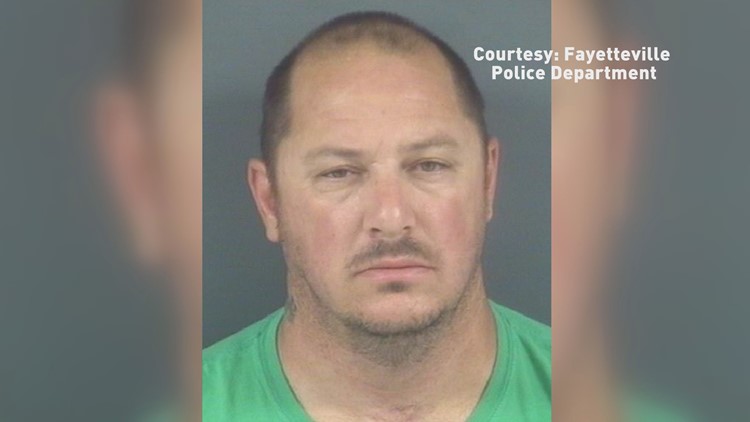FAYETTEVILLE, N.C. (AP) - Police in North Carolina say they used online genealogical data to identify and track down a suspect in a series of unsolved rapes dating back a decade.
The Fayetteville Police Department issued a news release Wednesday saying that 43-year-old Darold Wayne Bowden has been charged with multiple rape counts related to six assaults from 2006 to 2008.
Lt. John Somerindyke said at a news conference that police submitted crime-scene DNA evidence to a company that compared it with online genealogical data.
He says that company narrowed it to Bowden as a person of interest, and they obtained a current sample of his DNA to confirm his link to the crimes.
Police declined to say how they obtained the current sample.
A police spokeswoman didn't know if Bowden has an attorney.
Authorities have received praise for cracking the cases with this method of science.
"I think it is potentially a good thing that we are doing. It is certainly very powerful data that's being used for good when you think about the sexual assaults," said Professor David Remington of UNCG's Department of Biology.
"It is certainly good to correct cases, a lot of errors get made so if we can correct cases that's good," said Drew Brown of Greensboro Law Center.
But the development has raised several concerns about.
"I really worry about privacy, I don't think people who have submitted these samples really anticipated their data being used for this," said Prof. Remington. Remington specializes in population genetics including the molecular and statistical methodology used to make these kinds of inference to trace ancestry and now crack these cold cases.
Legal experts are also watching the developments closely and weighing the accompanying implications.
"The contracts that you click on say that they have the right to work with law enforcement officers and even without those contracts, they would have that right. Once you give over your information to somebody else without some type of privacy agreement in place you have waived your rights," said Brown.
Parabon NanoLabs does some marketing exclusively to law enforcement to help crack cold cases.
They use data that's already in the public space, which users have put out there via ancestry discovery services.
The advice from the experts about protecting your privacy and personal data is to read the fine lines before clicking to accept any agreement for such online services.



